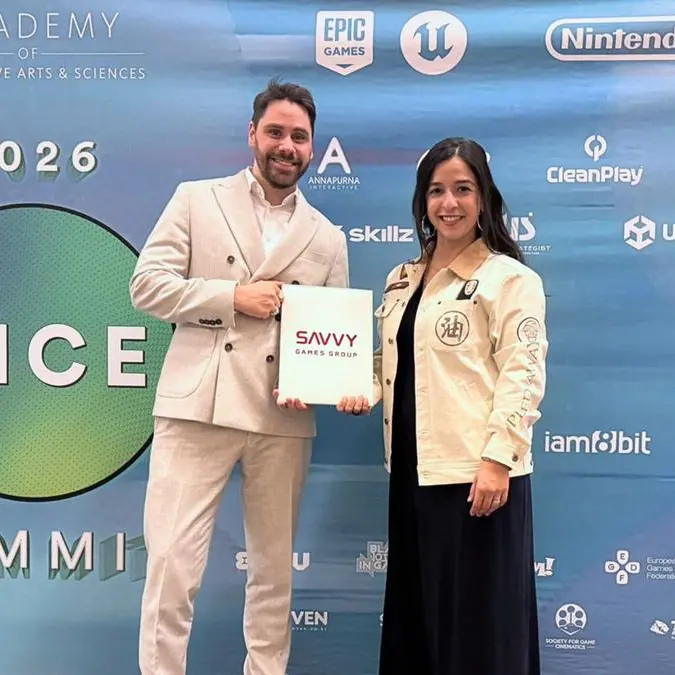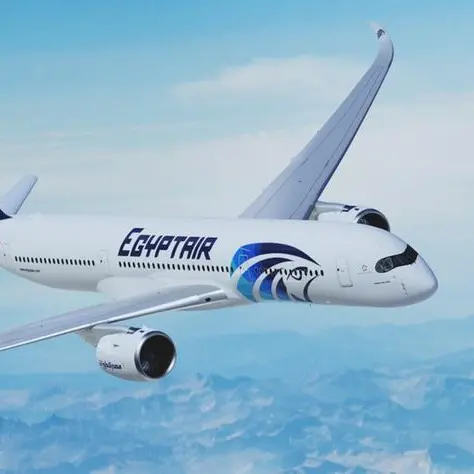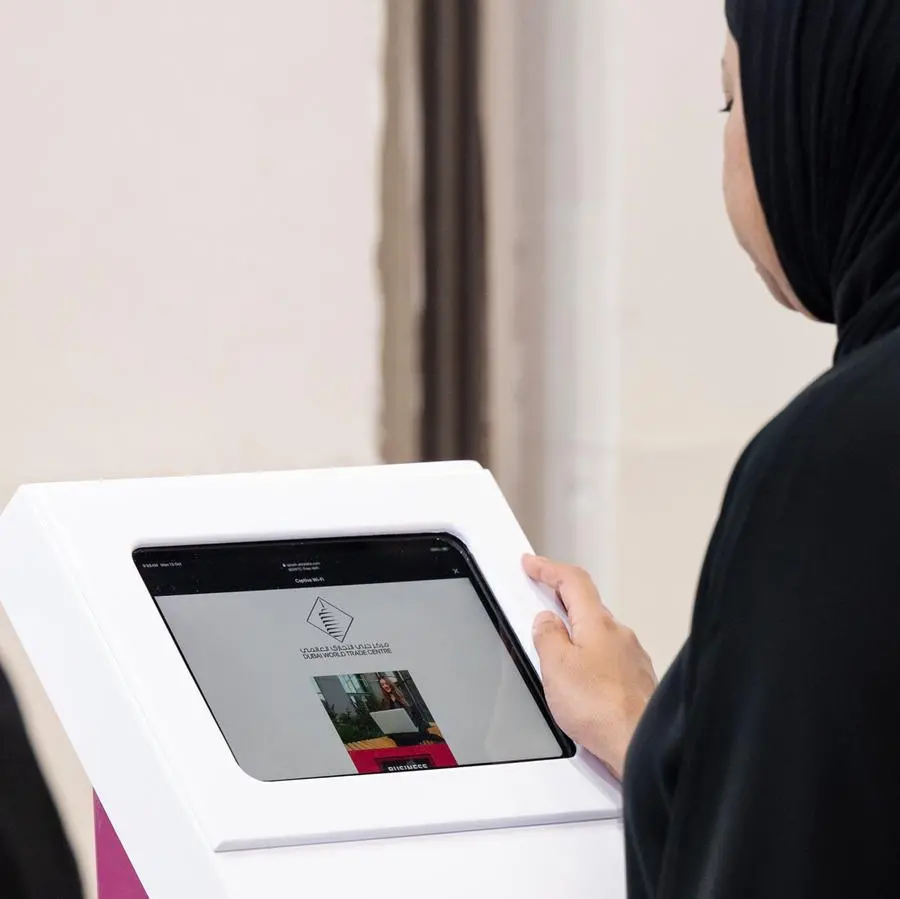PHOTO
SABIC and the King Saud University (KSU) have signed a strategic cooperation agreement covering a variety of programs to support to Kingdom's plans to transform into a knowledge economy as well as to fulfil SABIC's 2025 growth strategy.
The agreement was signed during the "Universities and Private Sector Partnership in Developing Scientific Research" symposium at KSU in Riyadh on October 28.
Awadh Al-Maker, SABIC Executive Vice President, Technology and Innovation, signed the agreement on behalf of SABIC, while Dr. Badran Al-Omar, University Rector, signed on KSU's behalf. The signing ceremony was attended by Dr. Azzam Al-Dekheel, Minister of Education, and Yousef Al-Benyan, SABIC acting Vice Chairman and CEO.
The programs covered under the agreement include: joint research projects by SABIC and the university with the exchange of industrial and academic expertise, training and development of students at SABIC research centers, leveraging the experience of post-doctoral fellowships, use of SABIC and KSU science facilities for mutual benefit, and undergraduate awards for academic achievements.
Commenting on the signing of the agreement, Al-Benyan said: "This agreement supports SABIC's 2025 strategy, which is aimed at growing the company's global businesses and addressing future research and development challenges. It effectively contributes to the ongoing efforts to transform the national economy into a knowledge economy capable of better driving the development of the Kingdom."
He added, "SABIC has opened all avenues for cooperation with local academic institutions and research organizations to support national efforts aimed at becoming a knowledge-based economy. It seeks to support Saudi universities through agreements for the establishment of research canters, sponsoring research chairs and projects, and providing annual grants to enrich research and technical aspects - all with the aim of meeting development targets and stimulating economic activity."
SABIC and KSU will form a six-member steering committee, three members from each side, to supervise all activities related to the latest agreement. It will also submit a report annually to the university and the SABIC leadership on the benefits generated from the joint programs.
Meanwhile, Dr. Azzam Al-Dakhil, Minister of Education, honored SABIC for its sponsorship of the "Universities and Private Sector Partnership in the Developing Scientific Research" symposium. Yousef Al-Benyan, Acting Vice Chairman and CEO, SABIC, received an honorary plaque on behalf of SABIC.
During the first session of the symposium, which focussed on "Partnership and the Knowledge Economy," Mosaed Al-Ohali, SABIC Executive Vice President, Corporate Finance, touched on the importance of transparency and disclosure to achieve successful partnerships.
Awadh Al-Maker, SABIC Executive Vice President, Technology and Innovation, spoke in the second session on "Successful partnership models for joint scientific research funding."
-Ends-
ABOUT SABIC
Saudi Basic Industries Corporation (SABIC) ranks as the world's second largest diversified chemical company. The company is among the world's market leaders in the production of polyethylene, polypropylene and other advanced thermoplastics, glycols, methanol and fertilizers.
SABIC recorded a net profit of SR 23.3 billion (US$ 6.2 billion) in 2014. Sales revenues for 2014 totaled SR 188.1 billion (US$ 50.2 billion). Total assets stood at SR 340 billion (US$ 90.7 billion) at the end of 2014.
SABIC's businesses are grouped into Chemicals, Polymers, Fertilizers, Metals and Innovative Plastics. It has significant research resources with innovation hubs in five key geographies - USA, Europe, Middle East, South East Asia and North East Asia. The company operates in more than 50 countries across the world with around 40,000 employees worldwide.
SABIC manufactures on a global scale in Saudi Arabia, the Americas, Europe and Asia Pacific.
Headquartered in Riyadh, SABIC was founded in 1976 when the Saudi Arabian Government decided to use the hydrocarbon gases associated with its oil production as the principal feedstock for production of chemicals, polymers and fertilizers. The Saudi Arabian Government owns 70 percent of SABIC shares with the remaining 30 percent publicly traded on the Saudi stock exchange.
© Press Release 2015




















